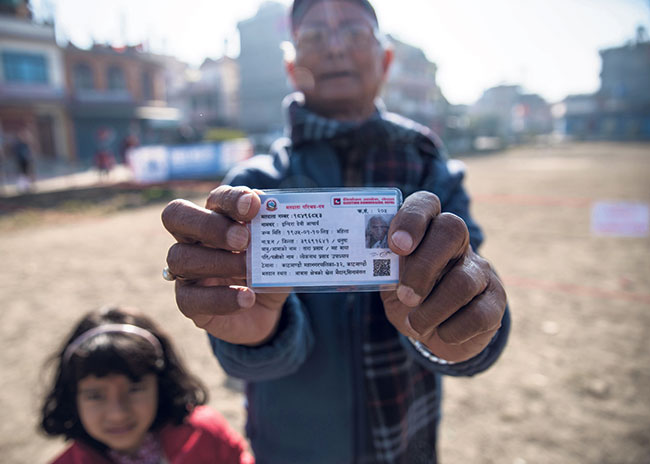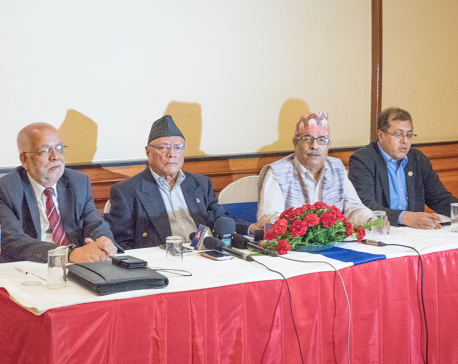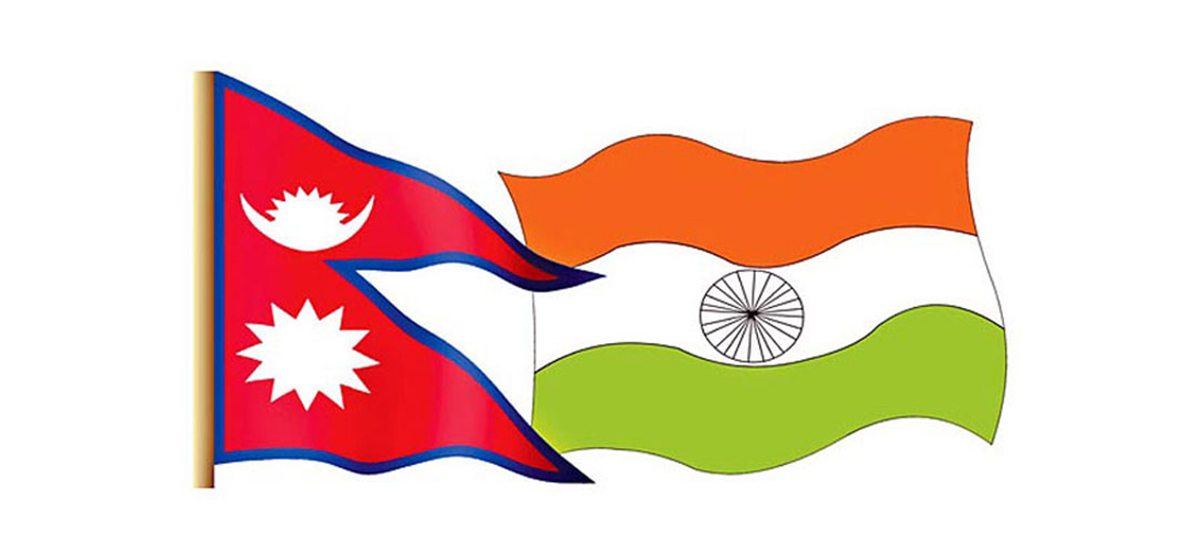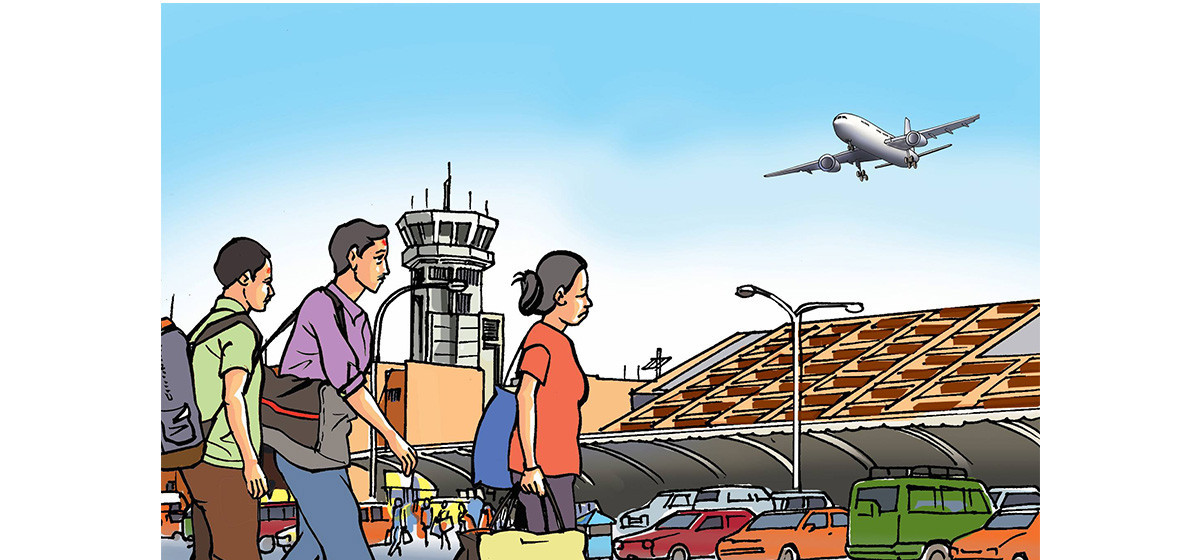
OR
More from Author
No one has been here before and no one knows how the entire ecosystem will come together
Dsort of calm has descended over the country at the moment—almost like a weight has been finally lifted off our collective shoulders now that all the rallies, slogans and general fanfare of the election has been done with. The election fever is by no means over, just the euphoria that precedes a poll. Over the next few days—months if the local vote counting timeline is anything to go by—many of us will be glued to our phones and televisions as the protracted process of vote counting begins and the results start to trickle in at a glacial pace.
 After the polls on Thursday there are many of us taking stock of how far we’ve come and television programs and newspaper inches will no doubt be devoted to the long winding road we’ve taken to get here. Even the young among us have seen enough political upheavals to last a lifetime—from the end of the Panchayat regime and advent of multiparty democracy to the horrors of the civil war, the royal massacre, the protests against monarchy, the peace accord, two Constituent Assembly (CA) elections and, finally, these historic elections.
After the polls on Thursday there are many of us taking stock of how far we’ve come and television programs and newspaper inches will no doubt be devoted to the long winding road we’ve taken to get here. Even the young among us have seen enough political upheavals to last a lifetime—from the end of the Panchayat regime and advent of multiparty democracy to the horrors of the civil war, the royal massacre, the protests against monarchy, the peace accord, two Constituent Assembly (CA) elections and, finally, these historic elections.
Journey of a thousand miles…
In the midst of this reflection and a collective sense of accomplishment, it’s tempting to think of Thursday’s vote as the culmination of all of those struggles—the end of a journey. The Chinese philosopher Lao Tzu famously said that ‘a journey of a thousand miles begins with a single step’. For us, Thursday’s vote was that step. Once the political permutations and combinations have been worked out, the elected government needs to get on with the business of governing and that is where our journey begins.
The tall claims made by all parties in the manifestoes will no doubt be tempered by the reality of governance but there are reforms needed in just about every sphere of public administration. All of it has already been repeated ad nauseam since the constitution was promulgated but they range from our economic policies—reversing the outflow of workers, creating employment, promoting industries, building infrastructure, streamlining services, promoting public private partnerships—to our thinking on many areas including our ‘yam between two boulders’ foreign policy.
The past couple of decades have been marked by political instability and the single overarching cause of optimism from these elections is the formation of a government that will serve a full term and in doing so bring about a level of stability and consistency in governance not seen, ironically, since the Panchayat regime.
The uncertainty principle
But just because the elections are over doesn’t mean the uncertainty is. Far from it. There is still a fair amount of squabbling left to be done, both in the near future and beyond. The issue concerning the naming of provincial capitals has the potential to become a flashpoint, as quite a few parties went around making commitments left, right and center during their poll campaigns. Other issues related to power and resource sharing will surface later. If the government tabled bills like Natural Resources and Fiscal Commission Bill and Inter-Governmental Financial Management Bill are any indication then this residual ‘resistance to change’ mentality will seriously hamper devolution of powers which will in turn stymie progress on key governance issues.
The new government will tread cautiously. After all, in the context of Nepal, no one has been here before and for all the promises, theoretical perspectives on federalism and chat show discussions, no one knows how the entire ecosystem will come together and function. These are truly exciting, if also challenging times for our country.
But we’ve been through similarly expectant phases before. Every time we’ve had a victory for democracy, it has been a false dawn—from the early years of economic prosperity under constitutional monarchy to the optimism engendered by the Comprehensive Peace Agreement (CPA) and the overthrow of the monarchy and the stasis that followed. This uncertainty can just as easily lead to inaction and then governance inertia.
Not just your vote
We have a part to play in this journey beyond just stamping our votes on this or that symbol, which is what our exercise of democratic rights has been limited to all these years. I’ve done my bit. Now it’s out of my hands and up to the leaders is what I’ve heard many people say on polling day. We must make the leaders accountable under this new system or else we are back to the same old kleptocratic system we were living with all these years and there is too much at stake this time for it to be another false dawn.
The entire essence of this long journey has been to increase a citizen’s ability to affect their government and lawmaking. At the end of the day if we are unable to ensure accountability from our 884 lawmakers and 135 ministers, then that indelible ink on our thumbs which we love to flaunt—it all becomes rather meaningless.
You May Like This

Miles to go
Neither 1950 treaty nor any other agreement between the two countries provides for border regulation. ... Read More...

Gagan makes mark in health sector but has miles more to go
KATHMANDU, April 6: Health Minister Gagan Thapa, who assumed office on August 26, 2016, has succeeded in bringing about changes in... Read More...

Jupiter moon may have water plumes that shoot up 125 miles
LOS ANGELES, Sept 27: Hubble Space Telescope has spied what appear to be water plumes on one of Jupiter's icy moons shooting up as... Read More...





Just In
- Weather expected to be mainly fair in most parts of the country today
- 120 snow leopards found in Dolpa, survey result reveals
- India funds a school building construction in Darchula
- Exploring opportunities and Challenges of Increasing Online Transactions in Nepal
- Lack of investment-friendly laws raises concerns as Investment Summit approaches
- 550,000 people acquire work permits till April of current fiscal year
- Fixing a win by outlawing dissent damages democracy
- MoHP cautions docs working in govt hospitals not to work in private ones












_20220508065243.jpg)
Leave A Comment